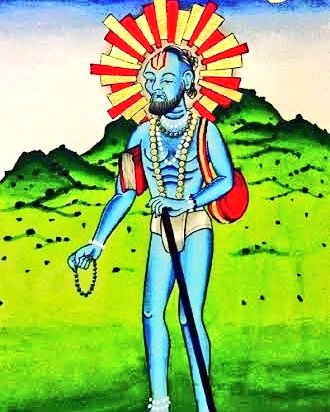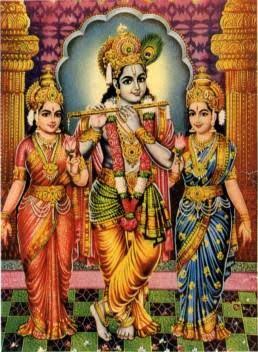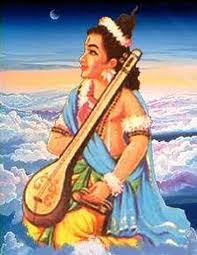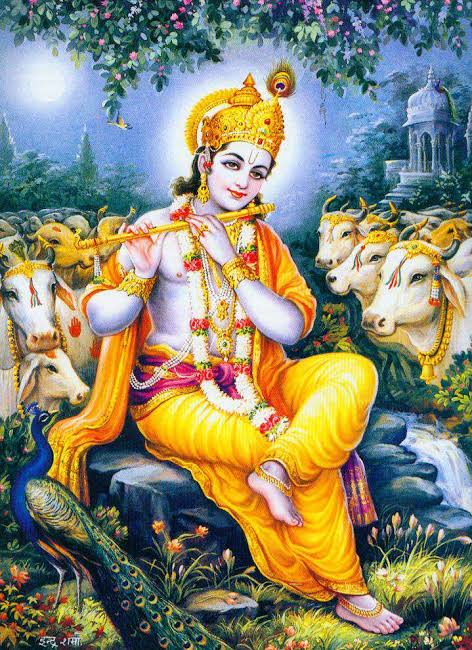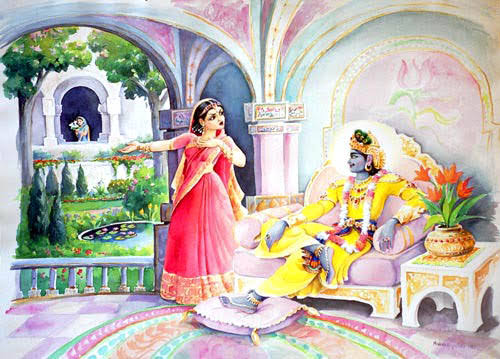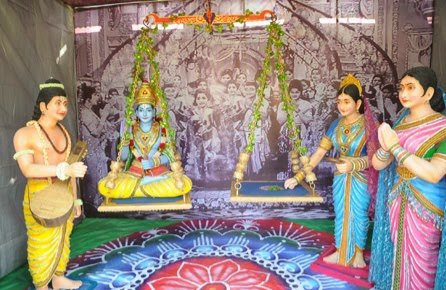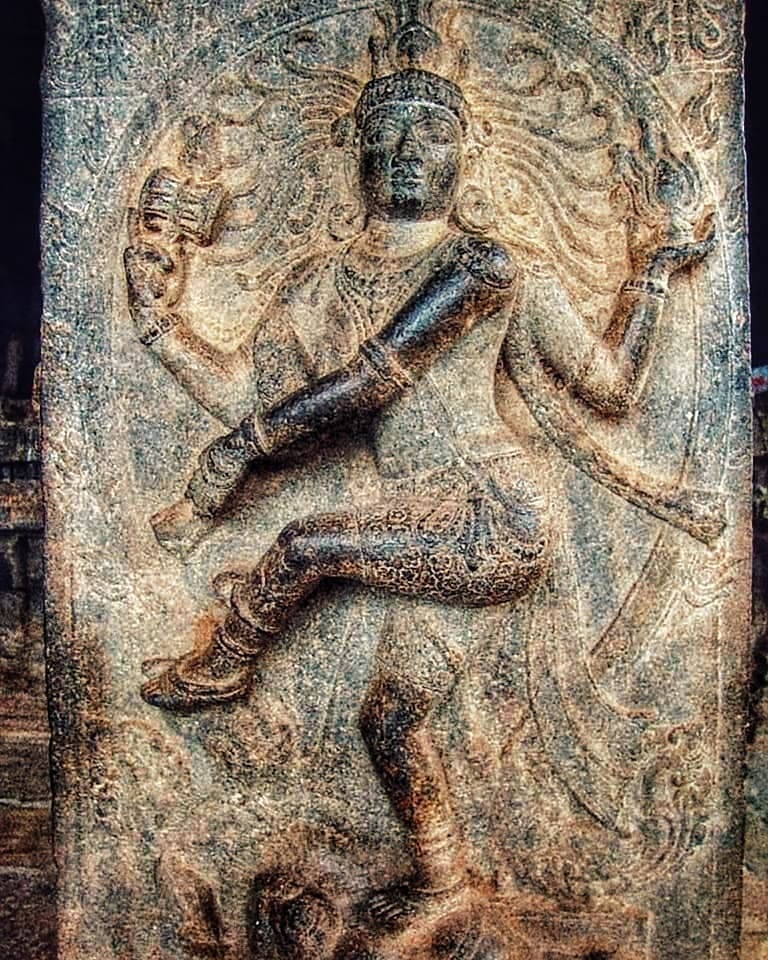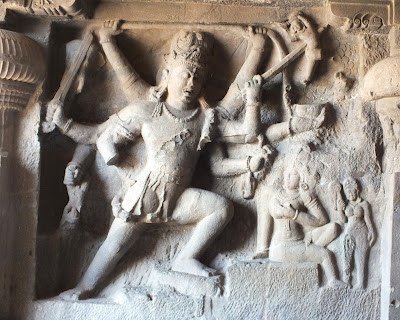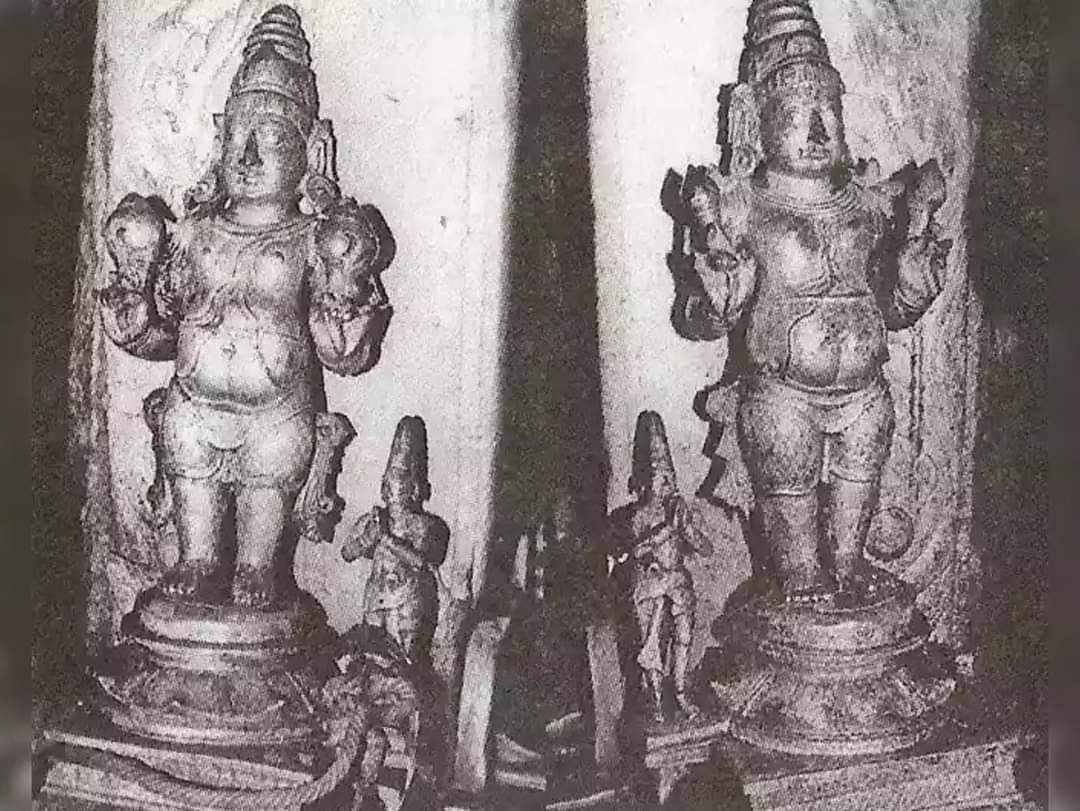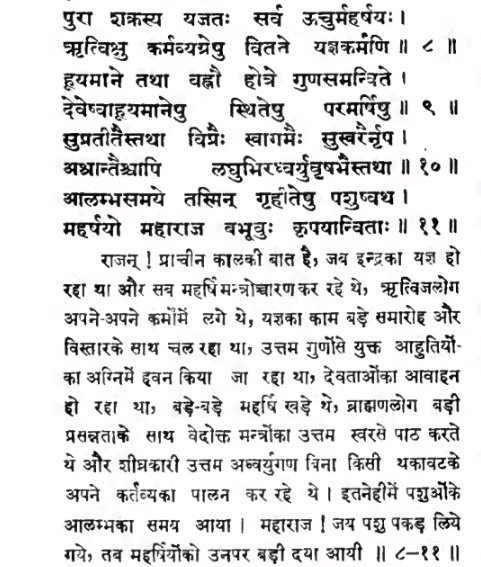
Animal Sacrifice in Yajñas
Read this thread to know how animal sacrifice got started in Yajñas and what Rishis thought about it.


K!lling animals in Yajñas is against Dharma, hence please allow Brahmins to perform it according to shastras

But Imdra had a Big ego, he refused to follow Dharma

(Mahabharata AshwamedhikaParva adhyay 91)

Devtas wanted to k!ll Goat in Yajña, Rishis told them that Aja means seed, K!lling animals in Yajña is not allowed
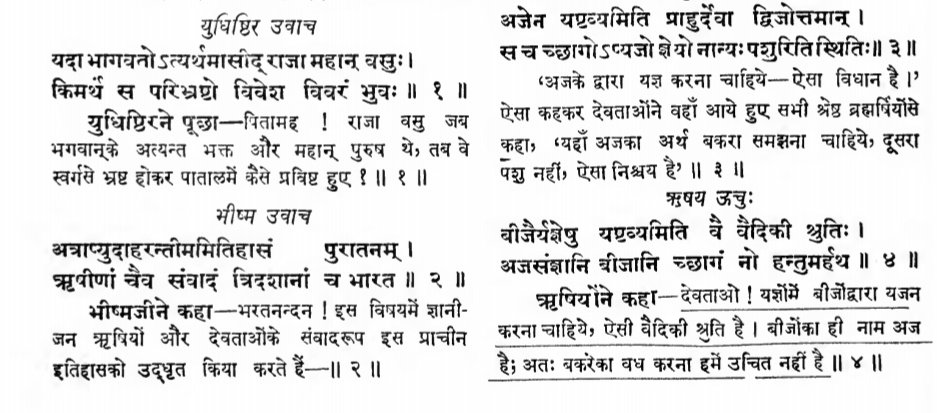
"If Shastras allow animal sacrifice then we will fall down, But if shastras prohibit animal sacrifice then you will fall down"
Because 9f this King Vasu fell down proving Rishis were right.

Hence according to him too, It is not allowed

I will make separate threads explaining about Pashu Yajñas, Pashubandh Yajñas and how animals were not harmed there and what was role of animals in Rituals.
नमो नारायणाय
Rishis clearly declared K!lling animals in Yajña is Adharma amd must not be done,
They Said it is GREAT ADHARMA to harm any animals in Yajñas and not in accordance with Vedas

Rishis clearly said Vedas do not allow K!lling of animals in Yajñas, and also that this is Great Adharma, One must follow Vedas for Yajña hence do it with seeds
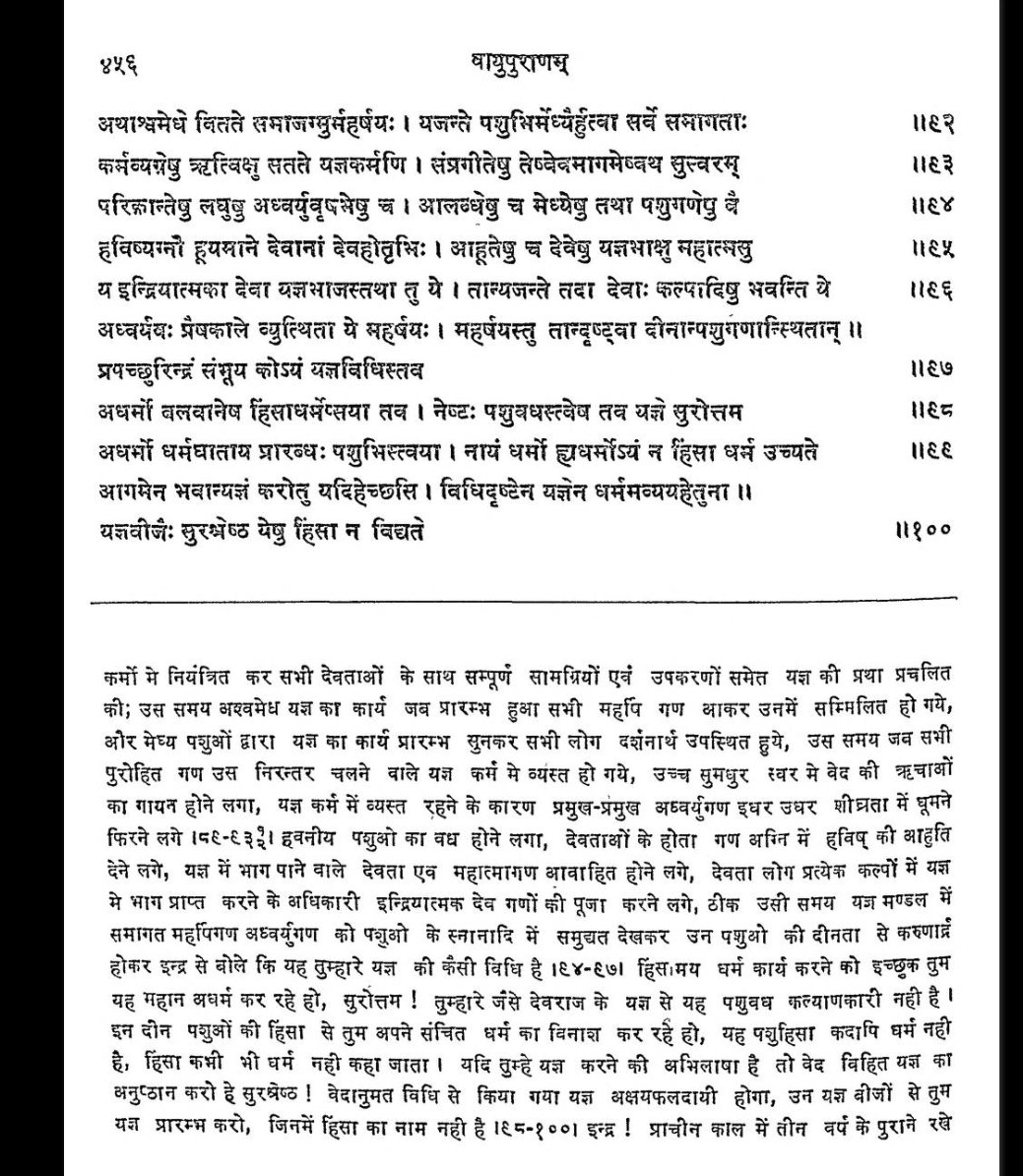
More from Religion
You May Also Like
#sculpture #story -
Chandesha-Anugraha Murti - One of the Sculpture in Brihadeshwara Temple at Gangaikonda Cholapuram - built by Raja Rajendra Chola I
This Sculpture depicts Bhagwan Shiva along with Devi Paravathi blessing Chandeshwara - one of the 63 Nayanmars.
#Thread
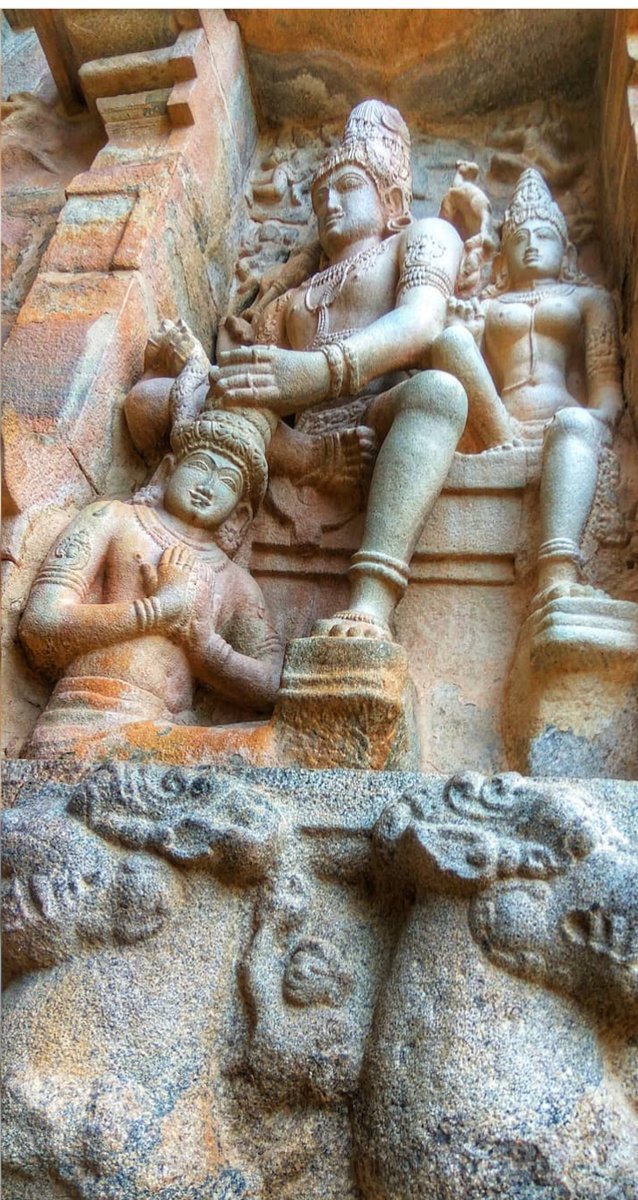
Chandeshwara/Chandikeshwara is regarded as custodian of Shiva Temple's wealth&most of Shiva temples in South India has separate sannathi for him.
His bhakti for Bhagwan Shiva elevated him as one of foremost among Nayanmars.
He gave importance to Shiva Pooja&protection of cows.
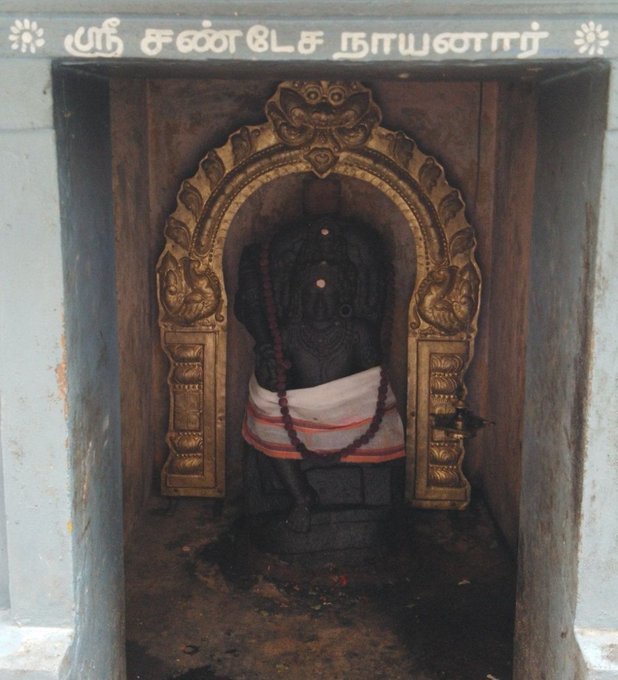
There are series of paintings, illustrating the #story of Chandikeshwar in the premises of
Sri Sathiyagireeswarar #Temple at Seinganur,near Kumbakonam,TN
Chandikeshwara's birth name
is Vichara sarman.He was born in the village of Senganur on the banks of River Manni.
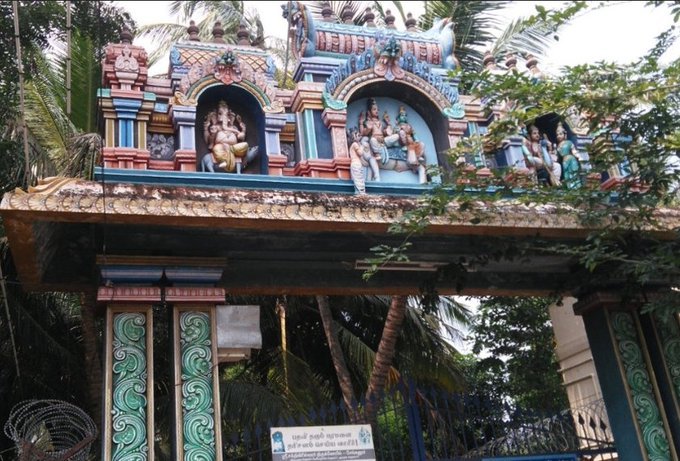
His Parent names were Yajnathatan and Pavithrai.
Vichara Sarman was a gifted child and he learnt Vedas and Agamas at a very young age.
He was very devout and would always think about Bhagwan Shiva.
One day he saw a cowherd man brutally assaulting a cow,Vichara Sarman could not tolerate this. He spoke to cowherd: ‘Do you not know that the cow is worshipful & divine? All gods & Devas reside in https://t.co/ElLcI5ppsK it is our duty to protect cows &we should not to harm them.
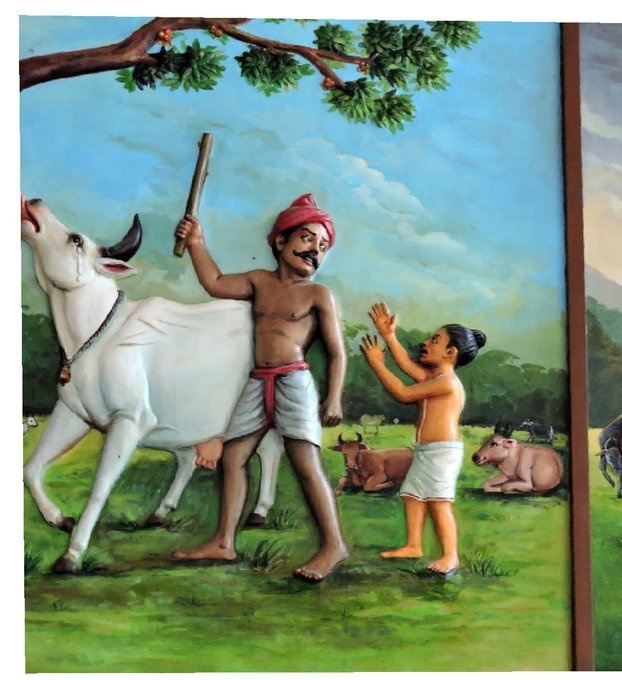
Chandesha-Anugraha Murti - One of the Sculpture in Brihadeshwara Temple at Gangaikonda Cholapuram - built by Raja Rajendra Chola I
This Sculpture depicts Bhagwan Shiva along with Devi Paravathi blessing Chandeshwara - one of the 63 Nayanmars.
#Thread

Chandeshwara/Chandikeshwara is regarded as custodian of Shiva Temple's wealth&most of Shiva temples in South India has separate sannathi for him.
His bhakti for Bhagwan Shiva elevated him as one of foremost among Nayanmars.
He gave importance to Shiva Pooja&protection of cows.

There are series of paintings, illustrating the #story of Chandikeshwar in the premises of
Sri Sathiyagireeswarar #Temple at Seinganur,near Kumbakonam,TN
Chandikeshwara's birth name
is Vichara sarman.He was born in the village of Senganur on the banks of River Manni.

His Parent names were Yajnathatan and Pavithrai.
Vichara Sarman was a gifted child and he learnt Vedas and Agamas at a very young age.
He was very devout and would always think about Bhagwan Shiva.
One day he saw a cowherd man brutally assaulting a cow,Vichara Sarman could not tolerate this. He spoke to cowherd: ‘Do you not know that the cow is worshipful & divine? All gods & Devas reside in https://t.co/ElLcI5ppsK it is our duty to protect cows &we should not to harm them.





